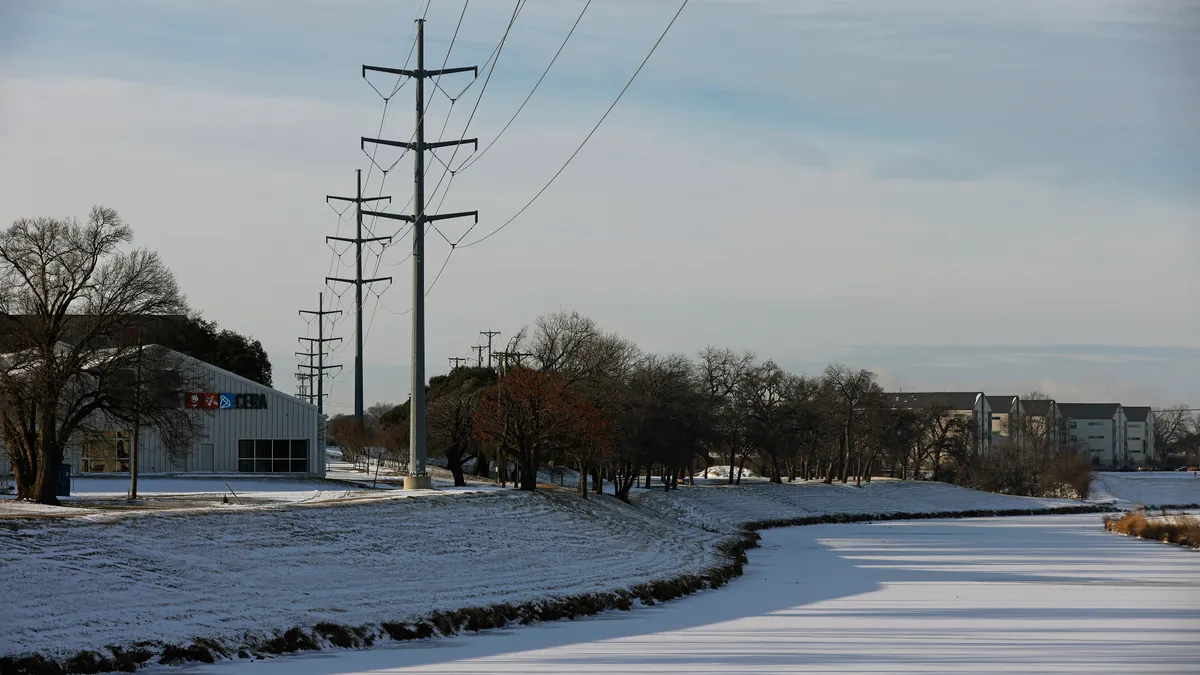A state appeals court on Friday ruled the Public Utility Commission of Texas exceeded its authority in February 2021 by setting electricity prices at $9,000/MWh for four days during Winter Storm Uri.
“We reverse the commission’s orders and remand for further proceedings consistent with our ruling,” the Texas Court of Appeals for the Third District concluded.
In orders on Feb. 15 and 16, 2021, facing single-digit temperatures and fears the state’s electricity-only market was not properly signaling the need for more generation to come online, the PUCT set the price of electricity at the system-wide cap.
“In extreme circumstances under extraordinary pressure, the commission exceeded its power by eliminating competition entirely,” the court concluded. “For four days under the orders, the minimum price was the same as the maximum price by operation of executive fiat.”
Typical market clearing prices in the Electric Reliability Council of Texas market can be around $30/MWh, the appeals court noted. During Uri, prices reached $1,200/MWh but regulators wanted more generation to come online.
Winter Storm Uri may have required “extraordinary modifications” to the scarcity pricing mechanism to send appropriate pricing signals for a necessary market response, but the commission exceeded the legislature’s limits on its power, the court said.
The PUCT does not comment on pending litigation, a spokesperson said.
The lawsuit challenging the PUCT’s orders was filed by Luminant Energy, a subsidiary of Vistra Energy. In April 2021 Vistra estimated its Uri-related losses at $1.6 billion.
Vistra told The Texas Tribune it agrees with the court’s decision but “we cannot predict the final outcome.”
Raising prices to their $9,000 cap and holding them at that level longer than necessary cost consumers $16 billion, according to ERCOT independent market monitor Potomac Economics.
The PUCT subsequently lowered the high systemwide offer cap to $5,000/MWh from $9,000/MWh, amid a slate of market changes intended to encourage reliability. But regulators declined requests to reprice Uri energy costs, fearing unintended consequences to the market.
“Our decision in this appeal may have very real material consequences for all involved,” the appeals court said in its decision.
The decision will likely be appealed, and if it is upheld “it is unclear how the PUCT will resolve the pricing issues, but it would likely need to hold proceedings to address them,” law firm McGuireWoods said in a note published Sunday. “The opinion also raised questions about the authority of the PUCT to issue price caps for Texas’ energy market.”
With state lawmakers now in session, "alternative outcomes to the Court of Appeals’ opinion could be pursued in the halls of the Texas Capitol,” McGuireWoods also noted.















